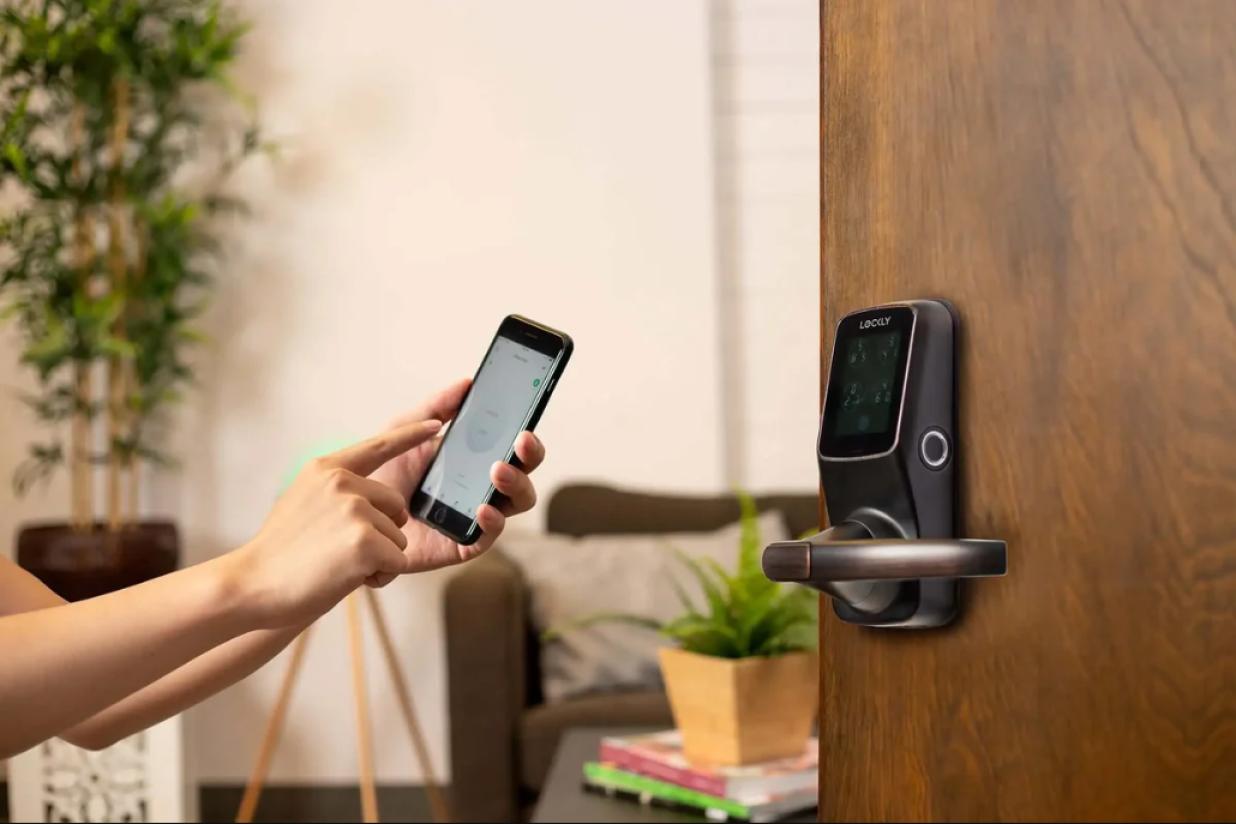Are Smart Locks Really Secure? Experts Weigh In

Smart locks have become a popular choice for homeowners looking to upgrade their security systems with convenience and remote access. These locks, which allow users to lock and unlock their doors using smartphones, keypads, or even voice commands, promise a seamless experience. But with increasing concerns about cyber threats and hacking, many are questioning whether smart locks are truly secure. Experts have weighed in, and the answer is more complex than a simple yes or no.
How Smart Locks Improve Security
Smart locks offer several advantages over traditional locks. Many models come with features such as automatic locking, real-time alerts, and access logs that let homeowners track who enters and exits their homes. Unlike conventional keys, which can be lost or copied, smart locks rely on digital authentication methods such as PIN codes, biometric scans, or mobile apps, reducing the risk of unauthorized key duplication.
Additionally, smart locks can be integrated into a broader home security system, working in tandem with cameras and alarms to provide enhanced protection. Some models even offer remote access, allowing homeowners to grant temporary codes to visitors, service workers, or Airbnb guests without needing physical keys. This convenience and flexibility are among the primary reasons why smart locks continue to grow in popularity.
Potential Security Risks of Smart Locks
Despite their advantages, smart locks are not without risks. One of the biggest concerns is hacking. Since these locks rely on wireless technology—such as Wi-Fi, Bluetooth, or Z-Wave—they are vulnerable to cyberattacks. If a hacker gains access to a homeowner’s Wi-Fi network, they could potentially compromise the lock and gain entry. Some smart locks have been found to have weak encryption or poor software security, making them easier targets for tech-savvy criminals.
Another risk is power and connectivity failure. Unlike traditional locks, which function independently of electricity and internet connections, smart locks rely on batteries or wired power sources. If a battery dies unexpectedly or a power outage occurs, users may be locked out or forced to resort to a physical key if the lock has one. Additionally, network issues can prevent remote access or disrupt security functions, leaving homeowners vulnerable.
Are Smart Locks Safer Than Traditional Locks?
The answer depends on how the smart lock is used and maintained. Security experts generally agree that smart locks can be just as secure, if not more secure, than traditional locks—provided they are set up correctly. A high-quality smart lock with strong encryption, multi-factor authentication, and automatic security updates can be highly resistant to hacking.
However, a poorly designed or outdated smart lock may introduce more vulnerabilities than it eliminates. Additionally, traditional locks, when combined with high-security deadbolts and reinforced doors, remain an effective and reliable way to secure a home. Many experts recommend using smart locks in combination with traditional security measures rather than relying solely on digital technology.
How to Enhance the Security of a Smart Lock
To maximize the security of a smart lock, experts suggest the following precautions:
- Choose a Reputable Brand – Not all smart locks are created equal. It’s essential to invest in a lock from a well-known manufacturer with a proven track record in security.
- Enable Two-Factor Authentication – If the lock’s app supports it, enabling two-factor authentication (2FA) adds an extra layer of security, making it harder for hackers to gain access.
- Keep Firmware Updated – Manufacturers frequently release security patches and updates. Regularly updating the smart lock’s firmware helps protect against newly discovered vulnerabilities.
- Use Strong, Unique Passwords – Many smart locks require an app or online account. Using a strong and unique password reduces the risk of cyberattacks.
- Secure Your Wi-Fi Network – Since smart locks connect to the internet, securing your home’s Wi-Fi network with encryption and a strong password can prevent unauthorized access.
Final Verdict: Are Smart Locks Worth It?
Smart locks offer undeniable convenience and, when properly secured, can be just as safe as traditional locks. However, they are not foolproof and require careful setup and maintenance to minimize security risks. Experts recommend using smart locks as part of a broader home security strategy, combining them with traditional locks, security cameras, and alarm systems for maximum protection.
Ultimately, whether a smart lock is the right choice depends on individual needs and comfort with digital security measures. Those willing to take the necessary precautions will likely find smart locks to be a worthwhile investment, while those concerned about cyber threats may prefer to stick with traditional, high-security locks.


